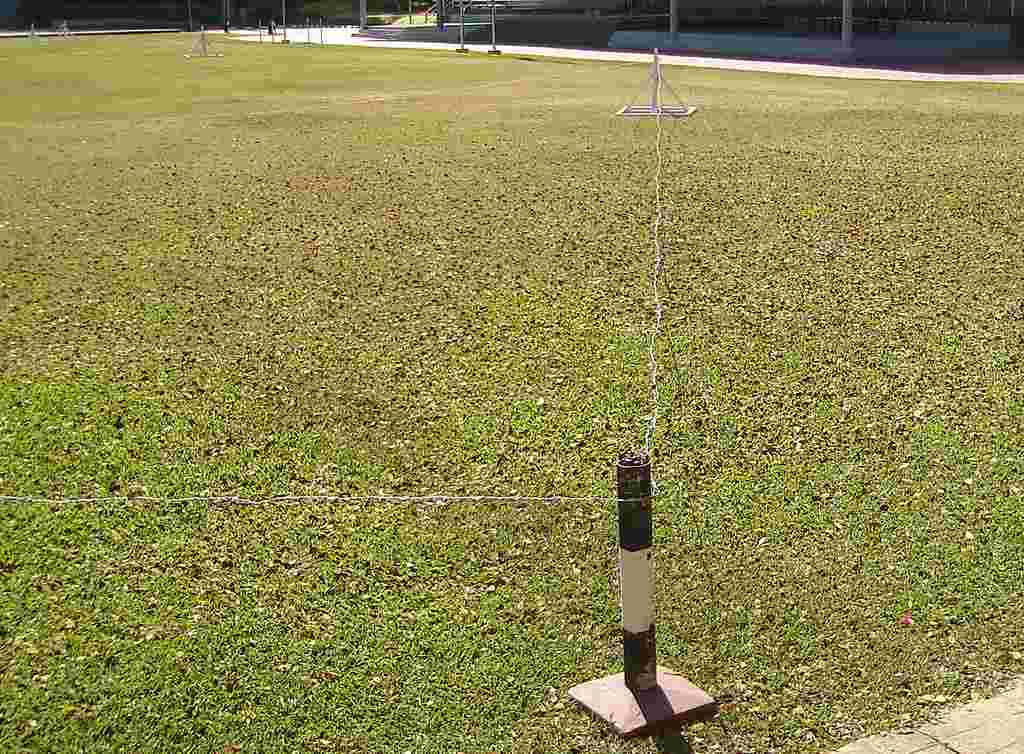The World says Sabah is the poorest!
United Nation Human Development Program, World Bank, Malaysian Federal Government Statistics Department, Sabah Economic Planning Unit, all of them say that Sabah is the poorest in the World, certainly the poorest in Malaysia by a large margin, Sabah 20% poor, compared to 6% for the next one, Perlis, also a BN controlled state, certainly not Kelantan. Why? Because Musa brings in foreigners instead of employing Sabahans, not only in Plantations but also in almost all jobs worth getting. Hospitals? What hospitals? The waiting list for critical life threatening surgery is 2years. My mother in law was a witness last year. Many died already waiting. We had to pool resources to go to SMC. But now even SMC is no more. There is not even a single private hospital in Sabah now. Only shop lot clinics. SMC has to borrow operating rooms and even equipment. You call that progress! We nearly lose Maliau Basin, if it were not for NGOs making noises. It was not Musa who stop these blatant thefts, but NGOs and oppositions. Who say Sabah is poor? – Musa by Nancy Lai. Posted on November 15, 2012, Thursday KOTA KINABALU: Chief Minister Datuk Seri Musa Aman yesterday took opposition leaders to task for claiming there is no development in Sabah and it is the poorest state in the country. “If Sabah is poor then why do I have plantation owners requesting to bring in foreign labour to work in the state? What about the schools, hospitals and other public infrastructures as well as facilities that the Barisan Nasional (BN) government has built for the state?” Musa asked. Speaking at the opening of the state-level annual Farmers, Livestock Breeders and Fishermen Day celebration yesterday, Musa urged people in the state to be wary of opposition leaders, including those from Peninsular Malaysia who are now traveling around the interior areas with their allegations. The Sabah BN chief said it was the opposition’s perception that there was no development in Sabah as they had turned a blind eye to what the government had done. “We do not need to boast about what we have done because the rakyat know and what is important is that the rakyat know that we are sincere in our efforts to help them,” he said. According to Musa, opposition leaders were also not new faces because among them is a former Deputy Prime Minister, a former Chief Minister and former ministers. “If we are to reply to their allegations, they will say that we are slanderous but let me ask you who is the one who ‘sold’ off certain government agencies? You can open the records or files to find out if it was me and you will see that I never sold off any of the government agencies. “In fact I was the one who managed to get a few of them back – so you can see that these former leaders are the ones responsible but are trying to be the heroes now,” he stressed. Read more: http://www.theborneopost.com/2012/11/15/who-say-sabah-is-poor-musa/#ixzz2CIKXs4jo













